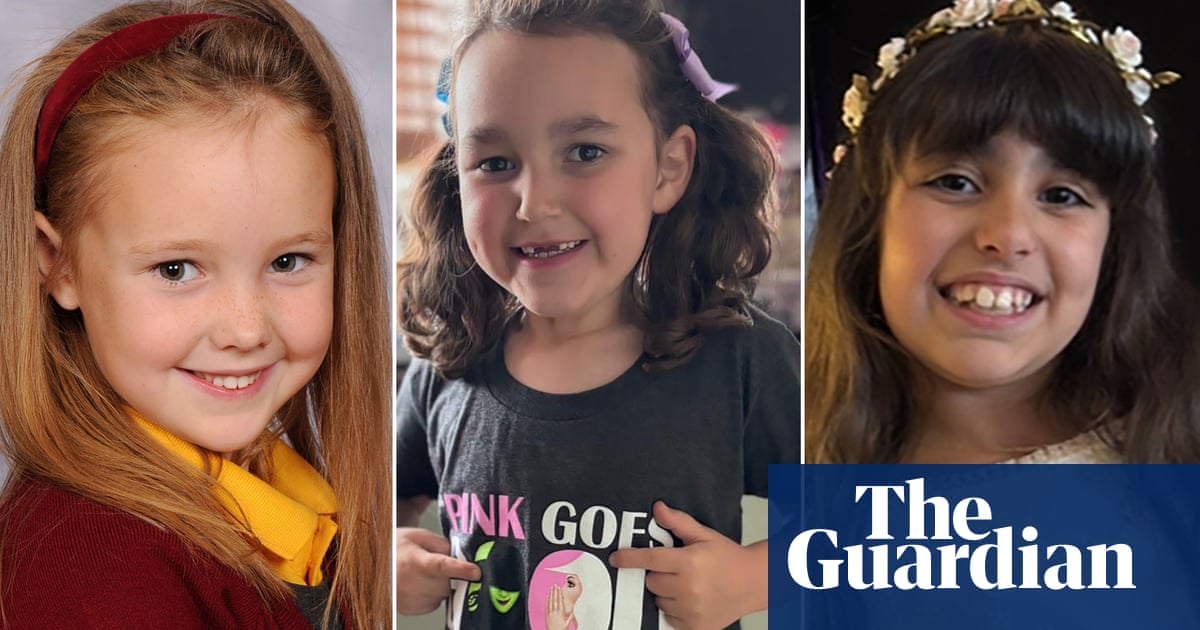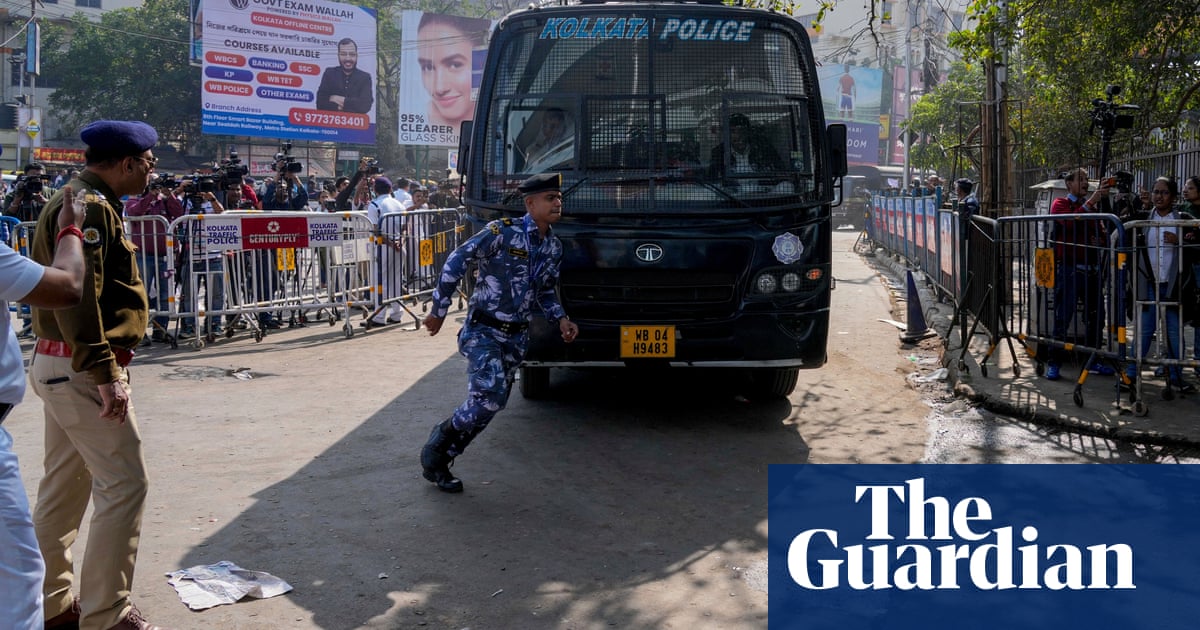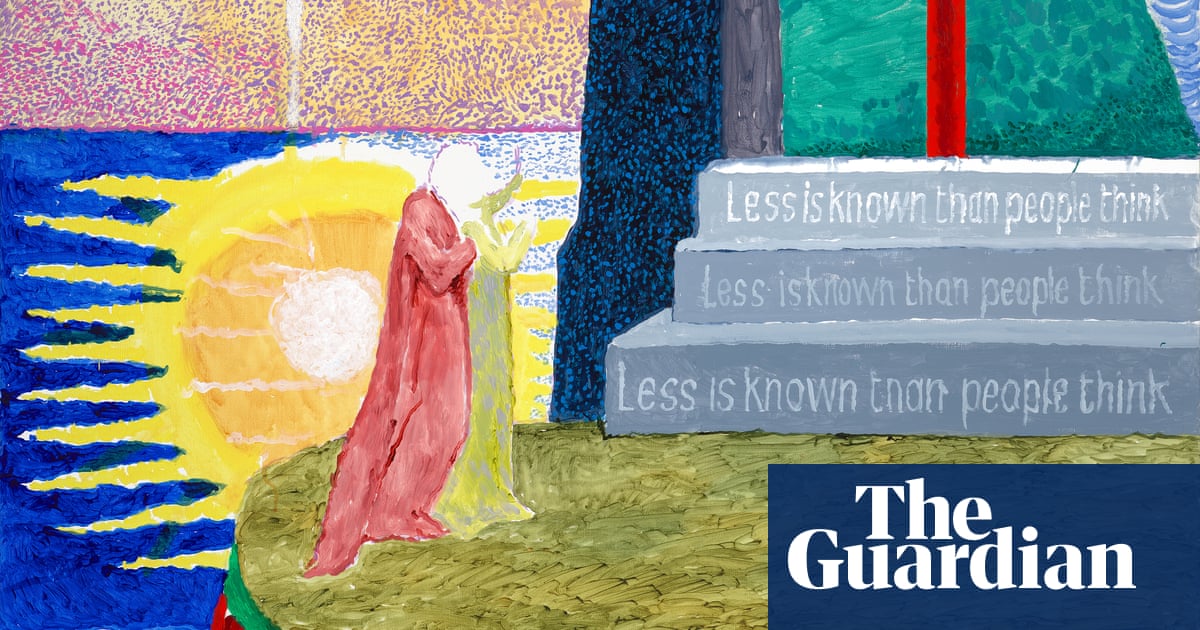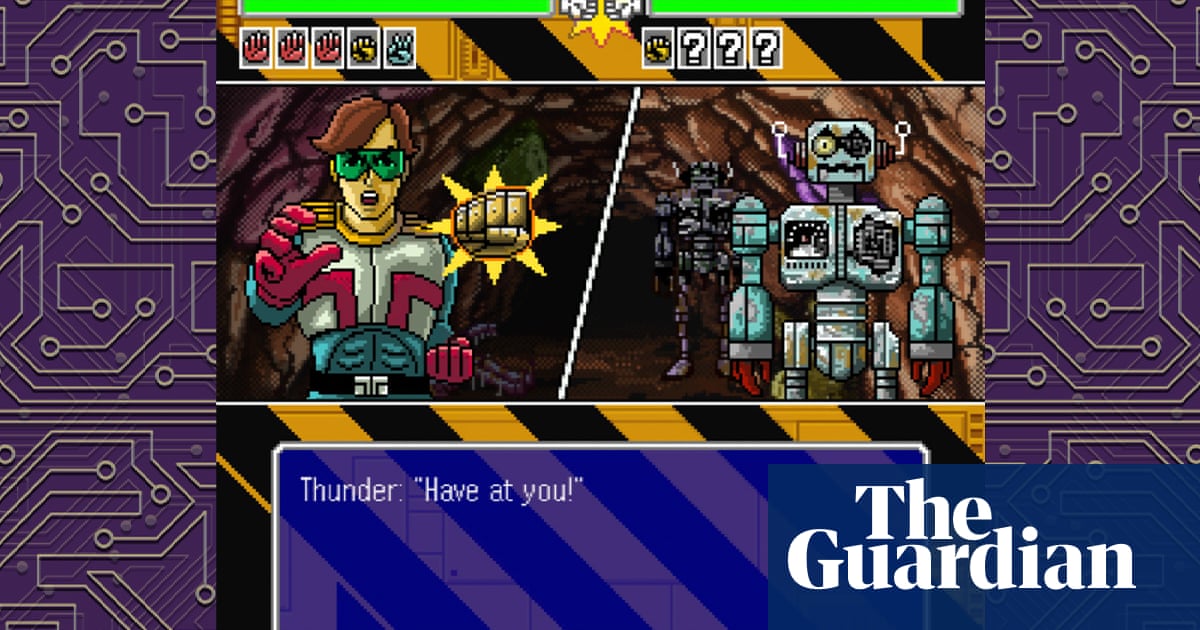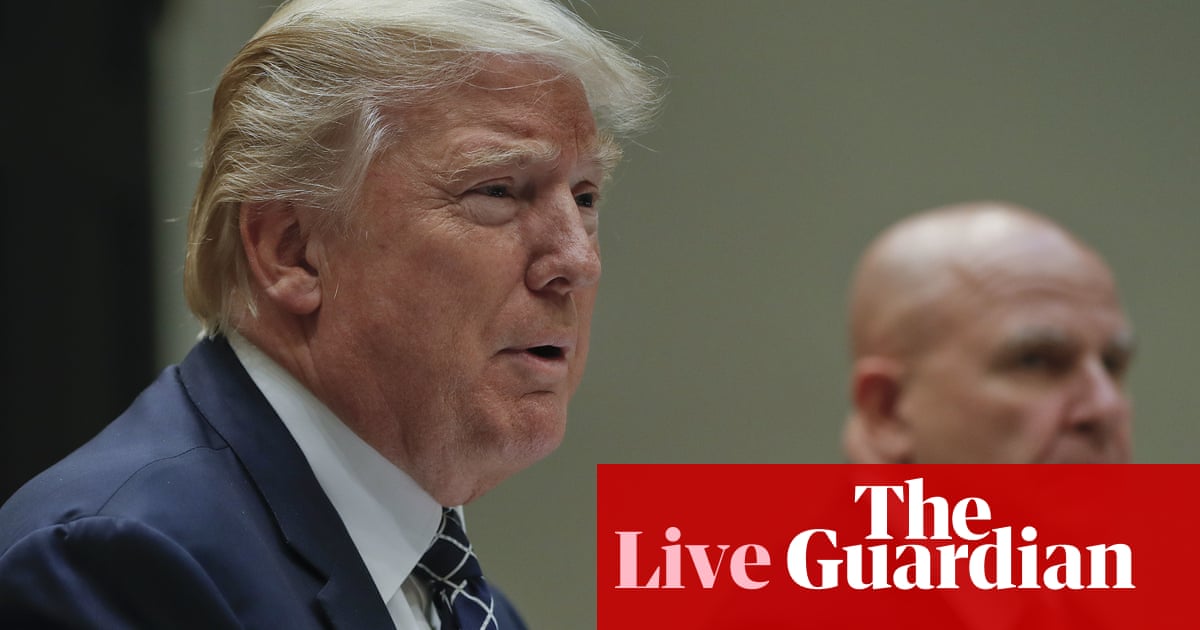Nikki Giovanni was the epitome of what we Jamaicans call Talawa, small but mighty. I told her so when we spoke in February. She had a reputation for scolding interviewers when they strayed or said something stupid. I was nervous but needn’t have been. Giovanni had a slow-rising smile that emitted warmth, even as she told me, apparently to put me at ease, “Remember, the door is always open, if you don’t like what you’re hearing you can always walk away.”
Her poetry emerged from the fire and rage that fuelled the civil rights movement. After the assassination of Martin Luther King, her poem Reflections on 4 April 1968 asked:
What can I, a poor Black woman, do to destroy america?
Giovanni was African American from the peel to the core, but she reminded me of my Jamaican mother and the resilient women of her church who spoke simply, with gravitas.
From her poems, it’s clear that Giovanni had an aversion to pretension. Form was important but fundamentally her poetry was a platform for truth-telling. She was a straight shooter and would take her argument to the man, black or white. She called out her own feckless wife-beating father (Gus) in the poem Baby West. His violence spurred her decision to leave home:
And I knew my choice
Leave or kill him.
It was a theme Giovanni returned to in a 1970s television debate, when she had a robust but respectful exchange with James Baldwin, almost 20 years her senior. Notably, Giovanni crossed swords with Baldwin about whether rogue fathers (like theirs) were also worthy candidates for compassion. Baldwin was more generous.
There was a directness and urgency in her spoken and written voice. But she was often mischievous and funny, too. In I Take Master Card, for instance, she instructs smooth-talking romancers that there is a price for love:
I’ve heard all the stories
‘bout how you don’t deserve me
‘cause I’m so strong and beautiful and wonderful and you could
never live up to what you know I should have but I just want to let
you know:
I take Master Card
In 2010, I shared a stage with Giovanni in Washington, where I read my own work in the shadow of her startling performance, and didn’t meet her again until earlier this year at the Barbican in London. Each time the adoration from the audience – particularly from women in the audience – was palpable. When she spoke, it seemed, the women heard themselves. I heard myself, too.
Giovanni was from a generation who spoke matter-of-factly about the certainty of death. Her poems underlined that preparedness, perhaps most notably in When I Die.
after newsletter promotion
The poem begins fiercely:
When i die i hope no one who ever hurt me cries
and if they cry i hope their eyes fall out
It concludes with lines that I treasure for her humility and her everlasting wisdom:
and if ever i touched a life that life knows
that i know that touching was and still is and will always be the true
revolution.

 1 month ago
25
1 month ago
25



